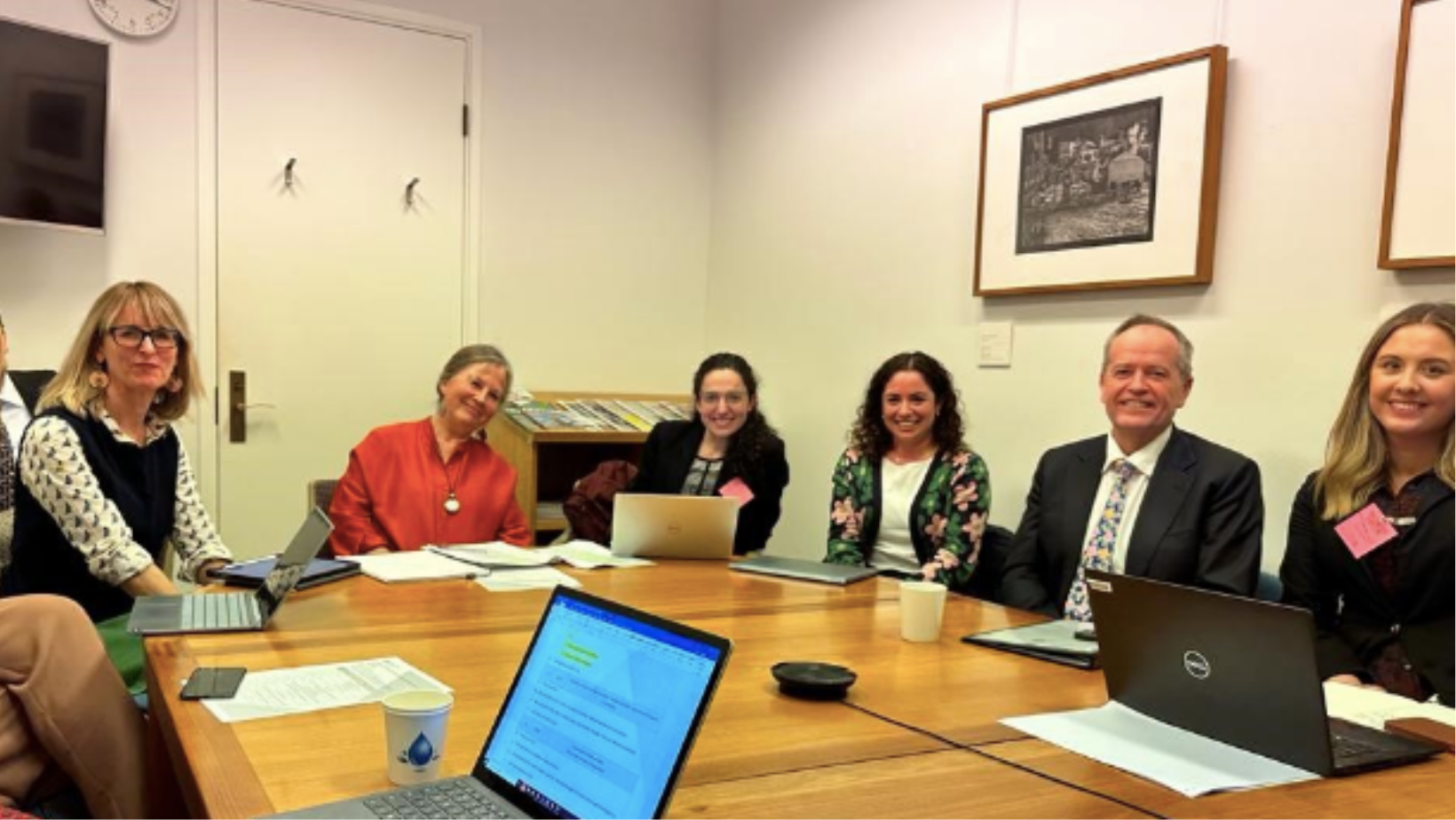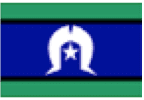During 2019, Victoria declared six bushfire disasters, culminating in the devastating Black Summer fires, which affected almost a quarter of Victoria’s Local Government Areas. Victorian emergency agencies and others are warning of a heightened risk of bushfires in Victoria in the summer of 2023/2024 and sadly, that risk is already becoming a reality, with bushfires already being experienced in parts of Gippsland.
At SSRV, we see the relationship between disasters and social security legal issues. That’s why between now and January we’ll be publishing a series of articles to help workers supporting clients who may be at risk of experiencing bushfire-related social security problems.
The first step is to raise awareness about the link between bushfires and social security issues.
It’s well-known that bushfires are more likely to occur in regional areas. In Victoria, our regions are often densely populated with trees, grass and other bushfire fuels.
It’s also well-known that regional areas across Australia often have lower socio-economic indicators than metropolitan areas. In regional areas, dependence on social security is higher, incomes are lower, and community services are already stretched.
This creates an unwelcome but tangible relationship between people dependent on social security and the risk of bushfires. This is also true of other disasters such as floods and storms.
This relationship is often deepened in the aftermath of a declared disaster when new government payments are offered, such as Disaster Recovery Allowance or Disaster Recovery Payment.
When more people are dependent on social security, more legal issues are likely to arise.
Examples of bushfire related social security legal problems we’ve seen at SSRV include:
· People who have had their social security entitlements re-assessed by Centrelink after changing their living arrangements because a house has burnt down
· People whose social security entitlements have been impacted by Centrelink sending letters to an unoccupied, fire-damaged house
Research and experience has shown the high likelihood of people experiencing trauma when exposed to an environmental or other disaster, and this reality places a special obligation upon government service providers to engage in trauma-informed practice. Unfortunately, within current systems, trauma is often unrecognised, unacknowledged, and unaddressed. Many of those affected have been inadvertently re-traumatised in systems of care lacking the requisite knowledge and training around the particular sensitivities, vulnerabilities and triggers of trauma survivors.
Over the next few months, SSRV News will be running a series of articles to assist workers supporting people in bushfire prone areas in preparing their clients for the bushfire season, and provide information on how to best help them in the advent of disaster.
Read more about SSRV’s Disaster Preparedness and Response Project.





